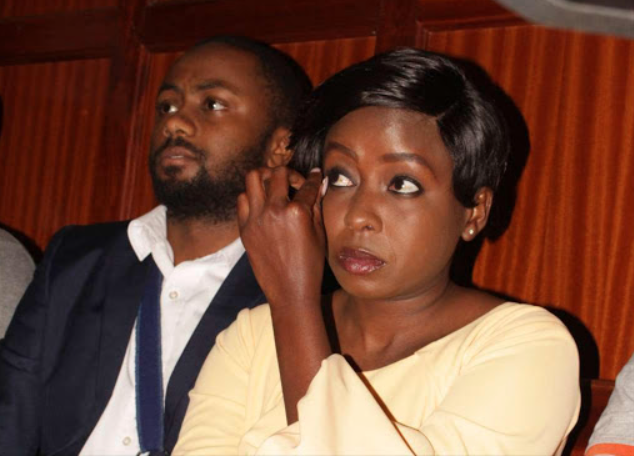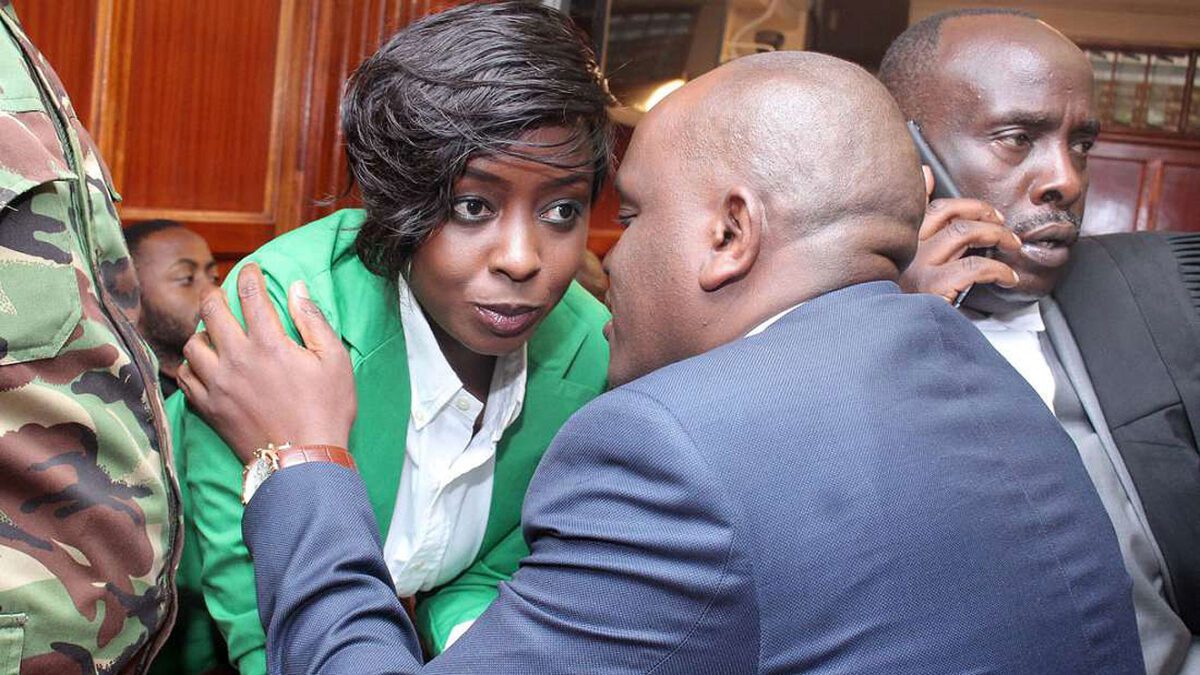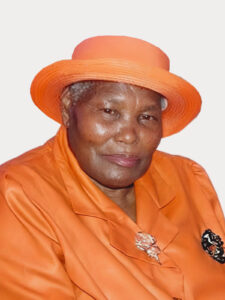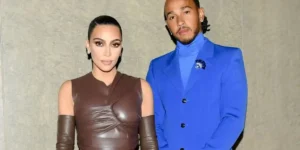Nairobi High Court is set to deliver its verdict this morning in the murder case against Joshua Irungu, also known as Jowie, and former TV news anchor Jacqueline Maribe.
The two former lovers have been charged with the murder of businesswoman Monica Kimani, who was tragically found dead with her throat slit at her Nairobi home in September 2018.
Read also: Senator Onyonka: Leaders Just Went to Dubai to “Have Coffee”
Lady Justice Grace Nzioka will be delivering the verdict following the conclusion of the trial in July when the defense presented their final submissions.
![Journalist Jacque Maribe and Jowie Irungu at Milimani Law Court on November 26, 2019.[Image: FILE] High](https://news.switchtv.ke/wp-content/uploads/2023/10/unnamed-1.jpg)
During this crucial phase, Irungu and Maribe, represented by their lawyers, requested the High court to acquit them, asserting that the prosecution had failed to establish their culpability beyond a reasonable doubt.
Maribe’s lawyer, Katwa Kigen, argued saying, “The case is based on circumstantial evidence; there’s no direct evidence against the second accused person.”
He further said that, “There was no blood group association between the blood that was found and the accused, and there’s no confession that would suggest that she had a hand in the death of Monica.”
Kigen also pointed out the absence of DNA evidence linking Maribe to Monica’s murder and questioned the lack of telephone data indicating communication between Maribe and the deceased.

“Maribe has provided her whereabouts and the people she was with when Monica’s murder allegedly occurred. The prosecution has confirmed both the location and times, so where is the entry point then?” he said.
The case has been closely followed by the public, as the prosecution called 35 witnesses who testified against Irungu and Maribe.
Although the defendants have consistently denied knowing Monica or being involved in her tragic death, Assistant Director of Public Prosecutions (DPP) Gikui Gichuki expressed confidence in the evidence presented in court.
Gichuki said, “The death was unlawful, as indicated by all the prosecution witnesses. The first accused was positively identified during the identification parade.”
Gichuki argued that the two defendants had a common intention and “acted in concert to eliminate the deceased,” citing a court of appeal judgment that defined aiding and abetting.
Subscribe to Switch TV
The state urged the High court to consider Maribe’s involvement, saying, “Maribe made no attempt to disassociate herself from the actions of Jowie and instead helped him to burn evidence.”
Addressing Maribe’s role, Gikui added, “She was the partner of the first accused at the time and they were living together. She also owned the vehicle used in the criminal enterprise and allowed the gun to be kept in her house, despite having a young child.”
















